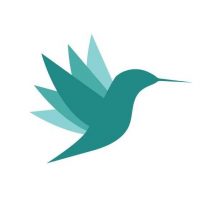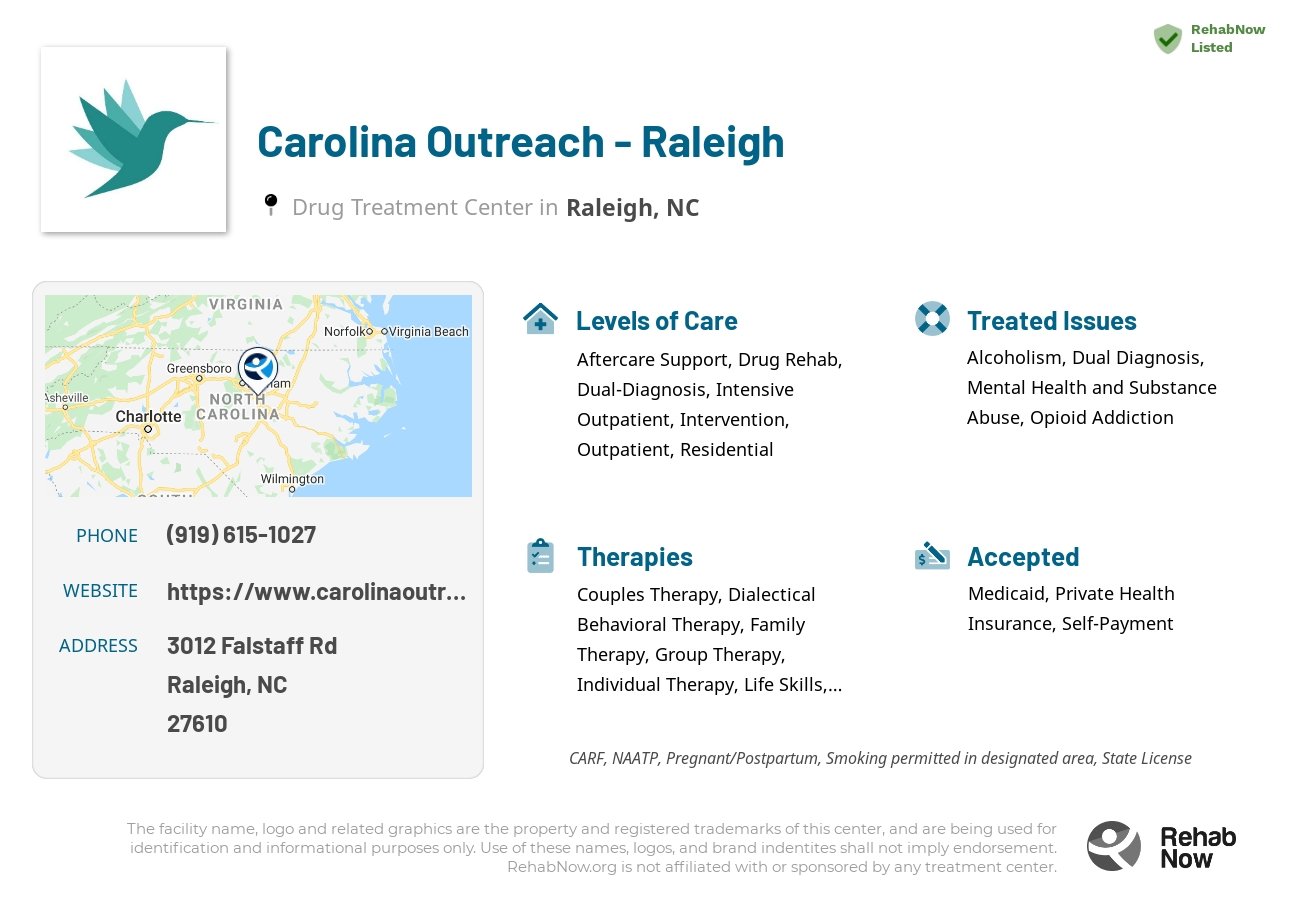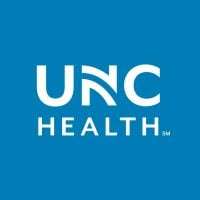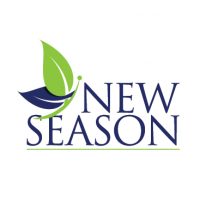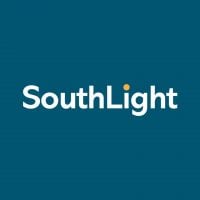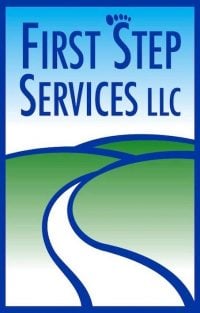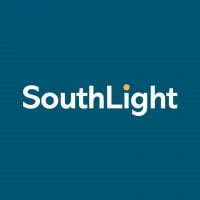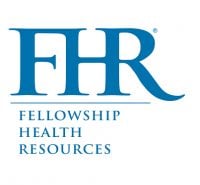Carolina Outreach - Raleigh
Drug Rehab Center in Raleigh, North Carolina
Carolina Outreach - Raleigh is an accredited addiction treatment center in Raleigh, NC that utilizes evidence-based therapies and individual-focused aftercare services to help people suffering from addiction and mental health issues to achieve lasting recovery.
About This Raleigh, NC Facility
Carolina Outreach, located in Raleigh, North Carolina, stands out as a beacon of hope for individuals grappling with substance abuse and mental health challenges. This facility, recognized for its strength-based approach and highly trained staff, creates a positive atmosphere conducive to recovery. By focusing on the emotional and physical well-being of its community, Carolina Outreach ensures a respectful and safe environment for everyone seeking help.
Carolina Outreach - Raleigh holds accreditation from CARF, underlining its commitment to maintaining high standards in health and human services. Offering a broad spectrum of services including intensive outpatient programs and residential care, this facility is adept at combating various forms of addiction by tailoring treatments to individual needs, all within a supportive and encouraging setting.
- Strength-Based Focus: Carolina Outreach leverages the strengths of individuals to foster recovery and well-being.
- Highly Trained Staff: The team comprises professionals with extensive expertise in behavioral health, ensuring top-notch care.
- CARF Accreditation: This credential highlights the facility’s adherence to international standards of quality in addiction and mental health services.
At Carolina Outreach - Raleigh, a variety of addiction issues are meticulously addressed, ranging from alcoholism and opioid addiction to dual diagnosis and drug addiction, using a mix of aftercare support, drug rehab, intensive outpatient, and residential care. These methods are designed to meet the diverse needs of individuals seeking to overcome substance abuse and reclaim control over their lives.
Genders
Ages
Modality
Additional
Accreditations

CARF
The Commission on Accreditation of Rehabilitation Facilities (CARF) is a non-profit organization that specifically accredits rehab organizations. Founded in 1966, CARF's, mission is to help service providers like rehab facilities maintain high standards of care.
Conditions and Issues Treated
Opioid addiction treatment facilities like Carolina Outreach - Raleigh support people struggling with opioid dependency, which covers illegal and prescription opioids. People often abuse prescription opioids to get high instead of adhering to a medical provider’s directions. Addiction forces people to crave for opioids impulsively without factoring in the dangers these drugs bring to them.
Most opioid addiction treatment plans include detoxification and subsequent medications to ease the process. However, that’s only the beginning. Behavioral therapies and counseling are also necessary to resolve the root cause of addiction. This overall approach decreases the likelihood of falling off the wagon. In some instances, therapies can be done at home.
An underlying cause often brings about addiction. Mental disorders can lie at the center, such as schizophrenia, bipolar disorder or anxiety disorder. As well as the cause of the addiction, a dual diagnosis by Carolina Outreach - Raleigh helps to treat the addiction. This ensures that after treatment is complete, the patient will not fall back on old practices.
Levels of Care Offered
This center offers a variety of custom treatment tailored to individual recovery. Currently available are Aftercare Support, Drug Rehab, Dual-Diagnosis, Intensive Outpatient, Intervention, Outpatient, Residential, with additional therapies available as listed below.
Carolina Outreach - Raleigh offers an Intensive Outpatient Program is for those who need intensive care but prefer to spend the majority of their time in the comfort of their own home. The rehabilitation services differ in length and intensity. They are customized to meet the needs of the patient.
When remaining at their job in Raleigh, or continuing their studies, the individual may live with their family while utilizing Carolina Outreach - Raleigh‘s outpatient services. Treatment requires counseling the patient at the individual level, in a group setting, about substance addiction, drugs, and therapy sessions.
Residential treatment programs are those that offer housing and meals in addition to substance abuse treatment. Rehab facilities that offer residential treatment allow patients to focus solely on recovery, in an environment totally separate from their lives. Some rehab centers specialize in short-term residential treatment (a few days to a week or two), while others solely provide treatment on a long-term basis (several weeks to months). Some offer both, and tailor treatment to the patient’s individual requirements.
Typically, people engaged in drug addiction are in a state of denial about the adverse consequences of their altered behavior. They feel that on their own, they can conquer the addiction. Intervention programs in North Carolina manged by Carolina Outreach - Raleigh allow family members to encourage the person affected to seek external assistance.
Help with aftercare applies to the follow-up care provided after the initial recovery program offered by Carolina Outreach - Raleigh in Raleigh, NC. The level of support for aftercare plays a vital role in avoiding relapse and in maintaining sobriety. Aftercare support is tailored according to the patient’s needs.
Carolina Outreach - Raleigh‘s Therapies & Programs
Couples therapy reduces the dysfunctional behavior in a relationship that may cause addiction. It can help one or both members of the couple. It targets addiction and it can make for a healthier relationship.
Patients who receive generous support from their loved ones have better chances of completing their recovery. Genetics play a role when it comes to addiction, so it’s better to approach the problem as a unit. Family members can help an individual avoid addiction triggers and guide him or her in making lifestyle changes.
Group therapy is a type of counseling at Carolina Outreach - Raleigh in Raleigh, NC that occurs between a bunch of strangers. The goal of group therapy sessions is to foster hope and a sense of belonging. It also helps to have people who can relate to what you’re going through. Good behaviors can also be contagious.
As a means of managing pain that has plagued them in the past, many individuals turn to drugs and alcohol. Assault, negligence, the loss of a loved one, and other unfortunate events may involve trauma. This treatment, offered and administrated by Carolina Outreach - Raleigh in Raleigh, NC provides individuals the resources to cope with past traumas healthily.
Dialectical behavioral therapy focuses on eliminating negative thoughts such as suicidal thoughts. It is useful in the treatment of patients with uncontrollable emotions. The term “dialectic” means the integration of opposites. In the substance abuse context, DBT refers to accepting the patient’s addiction.
Life skills training helps the recovering person gain the skills and confidence necessary to function well in the world. Life skills training focuses on practical activities like cooking, job seeking, social interactions, and money management. This kind of training at Carolina Outreach - Raleigh helps fill in the gaps caused by addiction with useful, immediately usable skills.
Payment Options Accepted
For specific insurance or payment methods please contact us.
Is your insurance accepted?
Ask an expert, call (888) 674-0062
Carolina Outreach Associated Centers
Discover treatment facilities under the same provider.
- Carolina Outreach - Wilson in Wilson, NC
- Carolina Outreach - Fayetteville in Fayetteville, NC
- Carolina Outreach - Durham in Durham, NC
- Carolina Outreach - Smithfield in Smithfield, NC
- Carolina Outreach - Fayetteville in Fayetteville, NC
Learn More About Carolina Outreach Centers
Additional Details
Specifics, location, and helpful extra information.
Raleigh, North Carolina 27610 Phone Number(919) 615-1027 Meta DetailsUpdated April 15, 2024
Staff Verified
Patient Reviews
There are no reviews yet. Be the first one to write one.
Raleigh, North Carolina Addiction Information
North Carolina ranks 29th in the nation for overall substance abuse. Many of the drugs abused in the state are illicit, and many of these are opioids. Prescription opioids are readily available due to the high rates of medical workers prescribing them. The number of prescriptions has increased tenfold since the 1980's. Opioid overdoses are the most common type of death in North Carolina.
Raleigh, NC has one of the highest rates of drug-related deaths in the country. 10% of Raleigh residents report current illicit drug use. The majority of overdose deaths occurred among people ages 35-54. A variety of different types of therapy are available in Raleigh, North Carolina. This includes individual therapy, group therapy, and family therapy.
Treatment in Nearby Cities
- Lillington, NC (29.4 mi.)
- Clinton, NC (56.2 mi.)
- Pittsboro, NC (33.5 mi.)
- Hoffman, NC (75.0 mi.)
- Wake Forest, NC (14.4 mi.)
Centers near Carolina Outreach - Raleigh
The facility name, logo and brand are the property and registered trademarks of Carolina Outreach - Raleigh, and are being used for identification and informational purposes only. Use of these names, logos and brands shall not imply endorsement. RehabNow.org is not affiliated with or sponsored by Carolina Outreach - Raleigh.
